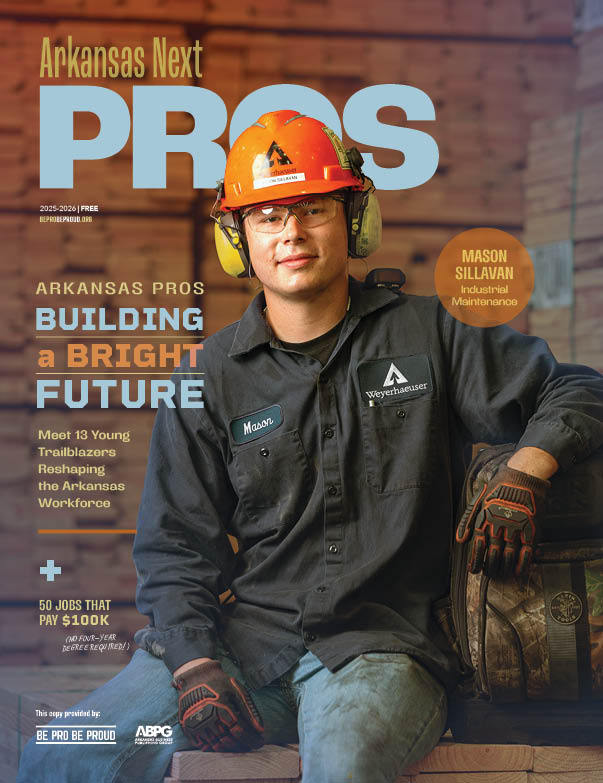Where The Jobs Are: Enkeleda Dervishi, Science
By NEXT Staff on Thursday, September 9, 2010
Originally from Albania, Enkeleda Dervishi, 28, has spent the past 10 years in Little Rock making a life for herself and finding her niche in the nanotechnology field. Spending her last semester at Hall High School in Little Rock as an exchange student, Enkeleda then moved on to the University of Arkansas at Little Rock where she earned an undergraduate degree in electronic engineering. Afterward, she continued her schooling at UALR, and in May 2009 she graduated with her Ph.D. in engineering, science and systems with a focus in nanotechnology. She has spent the past year as a research associate at the UALR Nanotechnology Research Center.
What are your daily responsibilities at your job? I work with a lot of undergraduate and graduate students as a mentor. Each day we’ll meet and decide what it is they should be working on. I am especially busy in the summer, [when] we will have high school students and college students from other countries in the research center to gain experience. I also have to read a lot of scientific papers to keep up with new technology and new ideas. I’ll also perform my own experiments.
What advice do you have for people who might want to go into your field? I would tell them that it is a very exciting field and to not get discouraged in the beginning. The beauty of nanotechnology is that it is a combination of many fields of study, and you can find a place where you belong. If you are interested in anything science-related, I would say to get involved in a research lab as early as you can – you’ll need the experience.
What is the best part about your job? Working with the students is definitely the best part of my job. I get a lot of pleasure seeing them get excited. They also go compete and come back with prizes and I love that – seeing the reward of learning.
WHAT’S THE PAY: The starting salary for someone in the science field is around $40,000, depending on location and what area of the field you are working in.
TRY MAJORING IN: Biology, physical science, environmental science, chemistry, nanotechnology or engineering.
WHY IT’S HOT: Careers in the math and science fields are in demand more than ever and there is a lack of skilled workers to fill the positions.







